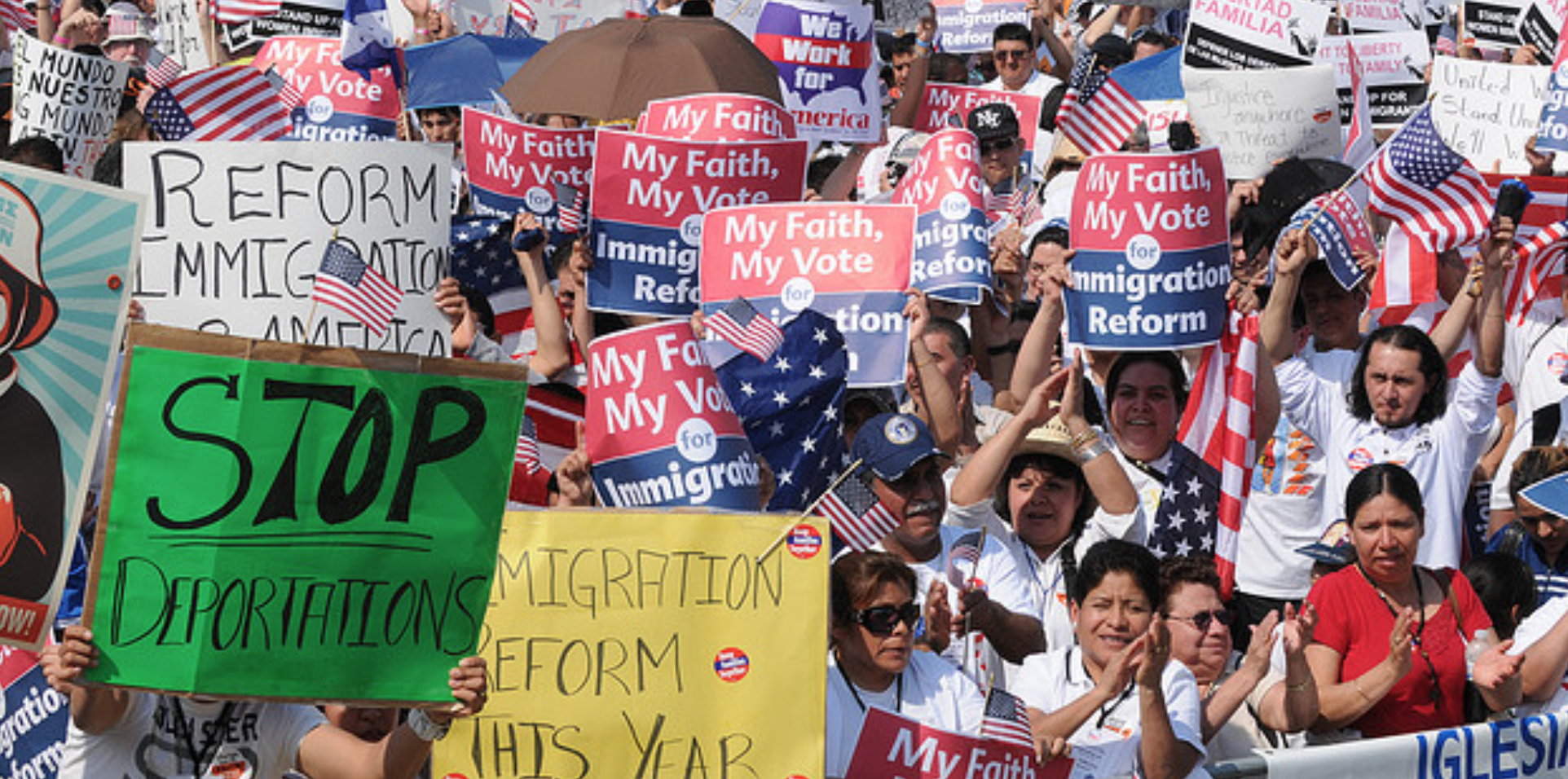On September 5, Attorney General Jeff Sessions announced his intention to end the Obama-era Deferred Action for Childhood Arrivals (DACA) program. The program – created by an executive order after legislative inaction on the issue – gave deferred action to individuals without criminal records, between ages 12 and 35, who were unlawfully brought into the United States as minors, by granting them worker permits and temporary residency.
Since the program began, nearly 800,000 individuals have been granted this status, of which more than 124,000 reside in Texas, according to the United States Department of Homeland Security’s Citizen and Immigration Services. The policy decision has a significant impact on Texas, particularly the Houston area where more than half of Texas’ Dreamers, as DACA recipients are known, reside, according to the Migration Policy Institute. Ending the program will have economic and human costs
Often cited as one of the more significant impacts in public debate is the economic cost of this policy decision. The immediate deportation of DACA recipients would cost billions of dollars in lost productivity. Conservative estimates from the Cato Institute place the national contribution of DACA recipients at $280 billion in the next decade, while the left-leaning Center for American Progress, estimates their immediate deportation would cost over $460 billion to the gross domestic product in the next decade.
This loss in economic growth will not be evenly spread out throughout the nation. Large metropolitan areas will front this cost almost entirely. Harris County, which nearly 70,000 DACA recipients call home, according to the Migration Policy Institute, could be expected to share 10 percent of this loss. This could be a devastating blow to the Houston economy particularly as the region continues to recover after Harvey.
This economic cost presumes immediate deportation of all DACA recipients, which in reality is highly unlikely. However, these costs also fail to capture the financial cost to employers having to replace their workforce, the diversion of costs from police forces and the transition of productive labor into the underground economy and illicit employment.
Lawmakers and advocates have also pointed to the human costs of ending the program. Prior to the federal announcement, the United States Conference of Mayors (USCM) called on President Trump to continue the DACA program. Mesa, Ariz. Mayor John Giles stated, “This isn’t a partisan issue, it isn’t even a political issue, it’s a moral issue and it’d be morally wrong to take away the rights and futures from this group of young people.”
Nationally, mayors of major cities have responded against the announcement on largely moral grounds. USCM President and New Orleans Mayor Mitch Landrieu stated in a response to the decision, “[the policy is] a morally deficient decision that instills fear, tears apart our communities, and is contrary to the fabric of what makes this country great.”
The announcement drew bipartisan criticism partly because the program has proven to be a step toward stability for its recipients. Academic research from Nolan Pope at the University of Chicago, has shown that DACA has increased the likelihood of working by increasing labor force participation among unauthorized immigrants, increased income in the bottom income distribution among DACA eligible population and moved 50,000 to 75,000 unauthorized immigrants into employment. These findings are significant given the perpetual low presentation of positive social mobility indicators among this population.
Texas legislators and urban leaders must prepare for this policy debate and act in the benefit of the region and some have already called for action. Houston Mayor Sylvester Turner, in response to the federal action, stated, “Young immigrants who had sought deferrals from possible deportation proceedings have made significant contributions to our city and our country. Congress must enact a permanent solution, other than deportation, for immigrants brought to this country as children. They are part of the American fabric and future.”
Carlos Villegas is a staff researcher with the Kinder Institute's Urban and Metropolitan Governance program.

